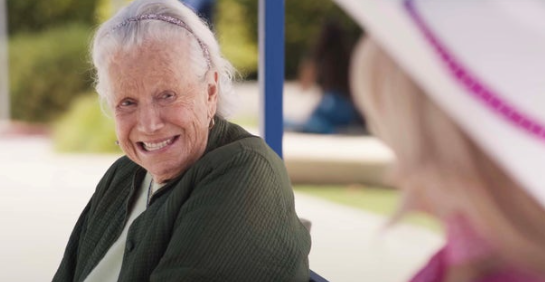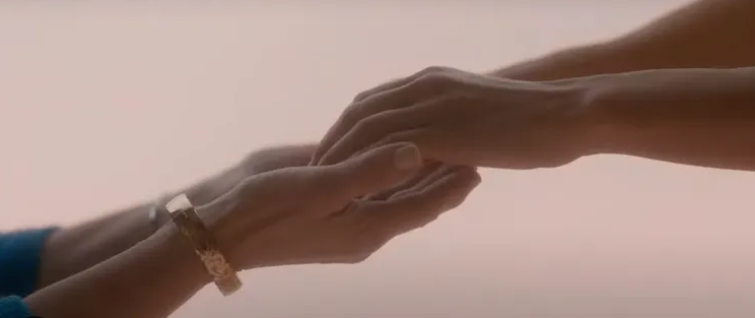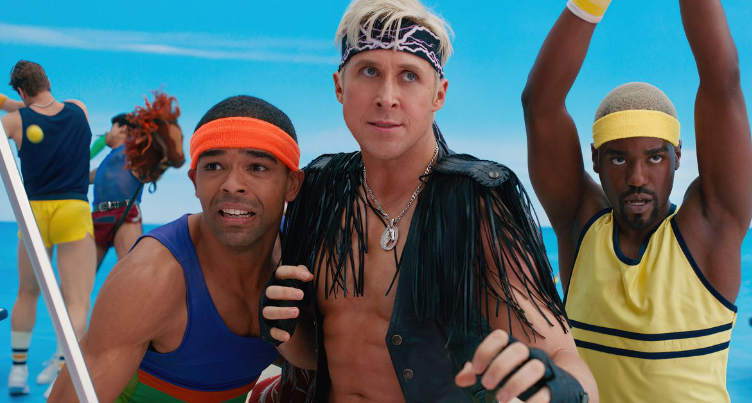Barbie
Photo from The Movie Database.
Carly Ungerer
Barbie has always been everything, from an astronaut to an Olympian and everything in between, and the movie follows in the doll’s arched footsteps, acting as a criticism of the patriarchy, a satire of capitalism, and clever comedy all in a single breath.
Barbie balances jokes about “beach-offs'' and horses with insightful moments like America Ferera’s monologue acknowledging the dichotomy between all the different roles women must take on to be liked with shocking ease. Director Greta Gerwig’s film pairs sardonic wit with lively one-liners and physical comedy with mastery, before shifting to more serious tones that prompt introspection.
This balance is first clearly struck when Barbie enters the real world, a change that prompted more serious emotions than the simple, joyous nature of Barbie Land, when Barbie sits on a bus bench next to an elderly woman and viewing a spectrum of human emotions, is moved to tears. The previous scenes leaned into the darkly humorous differences in how Barbie and Ken were treated in this new world and made a simple, unexpected joke of the lack of genitalia on the dolls. But this scene transitions, with a quiet musical motif as Barbie takes in all of the beauty of human emotions, before turning to the woman sitting next to her, who was aged and antithetical to the permanent plastic of Barbie, and called her beautiful.
Similar to the doll itself, Barbie is loved and hated by many. Many people, primarily women, resonated with the message of Barbie–celebrating womanhood and humanity, despite its flaws. Barbie pokes fun at the idea of a company rooted in empowering women, run entirely by men, calls out the mindless behavior the patriarchy expects from women, but still shows the beauty and pain of being human as Barbie joins hands with her maker and feels, as Billie Eilish’s “What Was I Made For?” plays. However, despite the resonance some found with this movie, many others didn’t connect.
Some felt Barbie mocked men through its portrayal of Ken’s journey. However, Ken’s journey is not simply a joke. Ken lives in a world that assigns him little value and leaves him naive in the face of the real world, so Ken’s journey shows the way his desire to be valued and respected led him to fall prey to ideas like the patriarchy and toxic masculinity, in an almost childlike way. His path throughout the movie reflects on paths both men and women fall onto when they crave validation and respect, and the film encourages those people to find themselves, rather than to turn to harmful systems that hurt themselves and others in order to fulfill their desires.
Incontestably, Barbie is a success, breaking records and glass ceilings since its release. Gerwig’s movie hit one billion in ticket sales only nineteen days after its release, making it the ninth fastest film to achieve this milestone and the first female directed piece to reach it.
Barbie is a triumph for women, a beautiful memorial of womanhood, femininity, and the complex history of a cultural icon, and is certainly a movie that will continue to make history.











